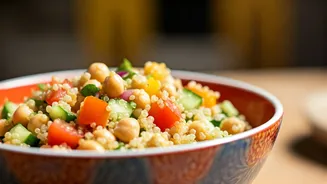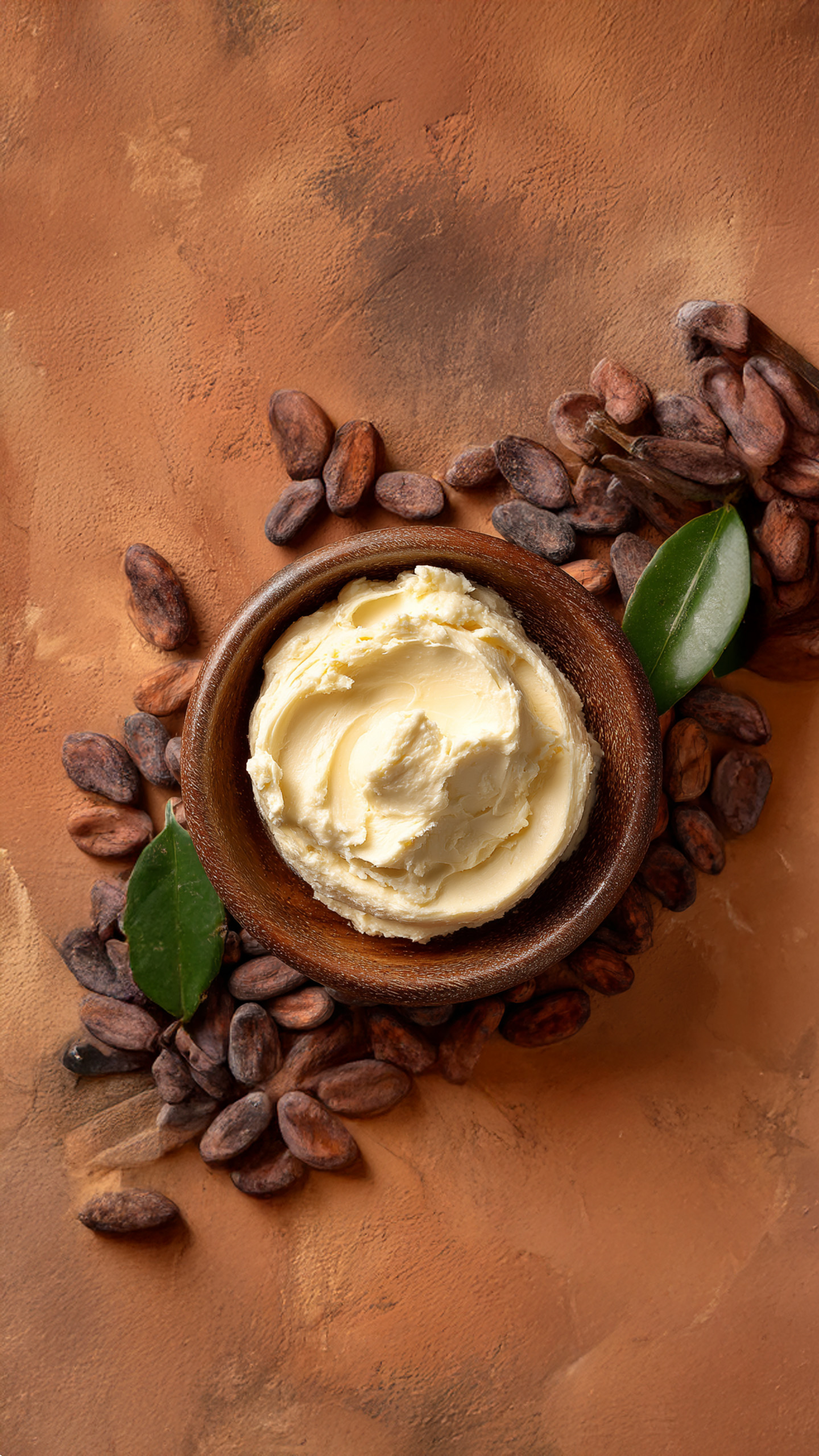What Is the Diet?
The Mediterranean diet is more than just a diet; it's a lifestyle rooted in the traditional eating habits of people living around the Mediterranean Sea.
This way of eating emphasises whole, unprocessed foods and is renowned for its health benefits, especially in reducing the risk of chronic diseases such as diabetes and heart disease. The diet focuses heavily on plant-based foods, including fruits, vegetables, legumes, and whole grains. Healthy fats, such as olive oil, nuts, and seeds, are also key components. Fish and poultry are consumed in moderation, while red meat is limited. Additionally, the diet encourages moderate consumption of dairy products and wine (if you choose to drink alcohol), and it places a strong emphasis on social connection and enjoying meals.
Indian Plate Transformation
Adapting the Mediterranean diet for an Indian context involves thoughtfully adjusting your plate. Start by making plant-based foods the core of your meals. This could mean increasing the portion of vegetables in your sabzis and salads or adding more lentils and beans to your diet. Choose whole grains like brown rice, millets (ragi, bajra), and whole wheat rotis over refined grains. These grains are higher in fibre, which helps regulate blood sugar levels. When it comes to fats, switch to healthier cooking oils such as olive oil, mustard oil, or groundnut oil, which are high in monounsaturated fats. Consider adding a side of nuts and seeds for extra nutrients. Finally, limit your intake of processed foods, refined carbohydrates, and sugary drinks.
Embrace Plant Foods
A cornerstone of the Mediterranean diet is the abundance of plant-based foods. In the Indian context, this can be beautifully incorporated. Fill your plate with a variety of colourful vegetables like leafy greens, tomatoes, capsicum, and onions. Experiment with different cooking methods such as steaming, sautéing, or roasting to retain the nutrients. Legumes, including lentils (dal), chickpeas (chana), and beans (rajma), are excellent sources of protein and fibre, which are vital for managing blood sugar levels. Incorporate fruits like berries, apples, oranges, and seasonal options as snacks or dessert alternatives. The key is to create meals that are predominantly plant-focused, with other food groups complementing them.
Smart Carb Choices
Refining your carbohydrate choices is another important aspect of tailoring the Mediterranean diet to your Indian diet. The focus should shift from refined carbohydrates to whole, minimally processed options. Instead of white rice, opt for brown rice, which is higher in fibre and slower to digest, preventing rapid spikes in blood sugar. Similarly, choose whole wheat roti or chapati over maida-based options. Millets, which are widely available in India, are an excellent choice as they are nutrient-dense and have a low glycemic index. Be mindful of portion sizes, even with whole grain options, as excess carbohydrates can still impact blood sugar levels. Pay attention to how your body reacts to different carbohydrate sources and adjust your intake accordingly.
Healthy Fats Selection
Choosing the right fats is crucial in the Mediterranean diet. In the Indian context, there are several healthy options to consider. Olive oil, a staple in the Mediterranean region, is high in monounsaturated fats and can be used for cooking, drizzling over salads, or adding to vegetables. Mustard oil and groundnut oil are also good choices as they are traditionally used in Indian cooking and are relatively healthy. Incorporate nuts and seeds like almonds, walnuts, flaxseeds, and chia seeds into your diet as snacks or additions to meals; these are rich in healthy fats and other essential nutrients. Limit your intake of saturated fats found in butter, ghee, and processed foods. The goal is to obtain the majority of your fats from healthy, unsaturated sources.
Protein Sources & Moderation
The Mediterranean diet promotes moderate consumption of protein, focusing on lean sources. In the Indian diet, this translates to balancing your protein intake with both animal and plant-based sources. Include fish and poultry in your diet, but consume them in moderation. Fish, rich in omega-3 fatty acids, is particularly beneficial. Plant-based sources of protein, such as lentils, beans, and tofu, should form a substantial part of your diet. These are excellent choices and are often consumed in Indian cuisine. Limit your intake of red meat, which is high in saturated fat. Ensure you're meeting your protein needs through a balanced approach that aligns with the principles of the Mediterranean diet.
Mindful Eating & Activity
The Mediterranean diet isn't just about what you eat; it's also about how you eat. Mindful eating is a key aspect, which involves paying attention to your food, savoring each bite, and eating slowly. This helps you recognize your body's hunger and fullness cues, preventing overeating. Pair this with regular physical activity, a fundamental component of a healthy lifestyle. This can be as simple as going for a daily walk or engaging in any form of exercise you enjoy. Combine mindful eating practices with physical activity to maximize the benefits of the Mediterranean diet for diabetes management and overall health. The combination of healthy eating and regular exercise significantly improves blood sugar control.
Indian & Mediterranean Similarities
Interestingly, the traditional Indian diet shares some commonalities with the Mediterranean diet, making the transition to this eating style easier. Both diets emphasise the consumption of fresh, seasonal, and whole foods. Both cultures traditionally enjoy meals shared with family and friends, which promotes social connection and well-being. The use of spices in Indian cuisine not only adds flavour but also offers potential health benefits. However, Indian diets often involve more refined carbohydrates and higher levels of saturated fats, which is where the adaptation to the Mediterranean diet becomes crucial. By making smart adjustments, Indians can retain the flavours they love while reaping the health benefits of the Mediterranean approach.
Daily Meal Plan Example
To put the Mediterranean diet into practice within an Indian context, let's look at a sample meal plan. For breakfast, consider a bowl of oats with fruits, nuts, and a sprinkle of seeds, or a vegetable-filled upma. Lunch could be a whole-wheat roti with a vegetable sabzi, a lentil soup (dal), and a side salad with olive oil dressing. Dinner might feature brown rice with a fish curry, a side of sauteed vegetables, and a serving of yoghurt. Snacks can include a handful of nuts, a piece of fruit, or a small portion of seeds. This is just a sample, and the plan can be customized based on your preferences and the availability of ingredients. The key is to focus on whole, unprocessed foods, healthy fats, and lean proteins, and to enjoy your meals mindfully.














